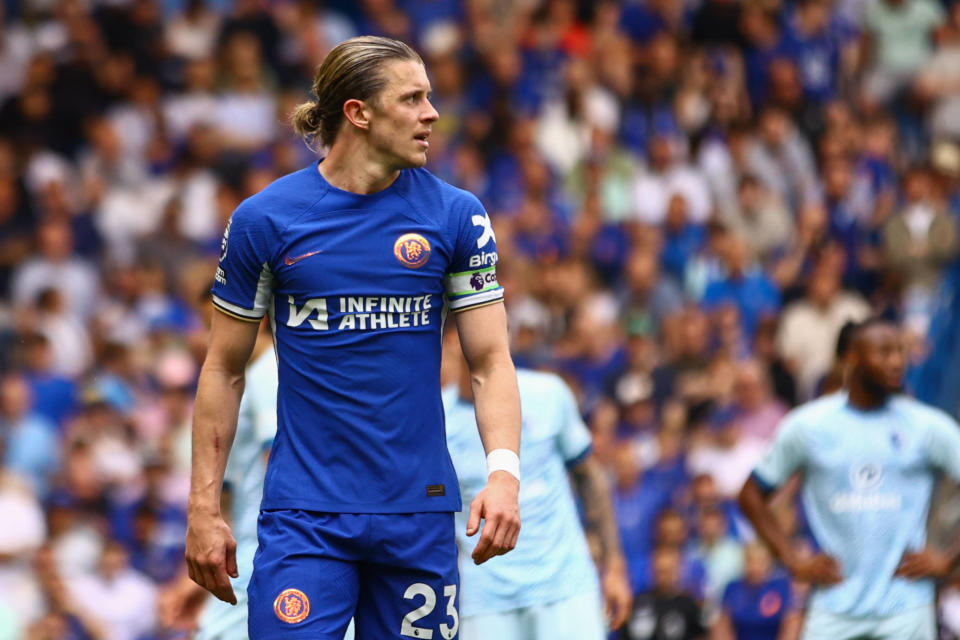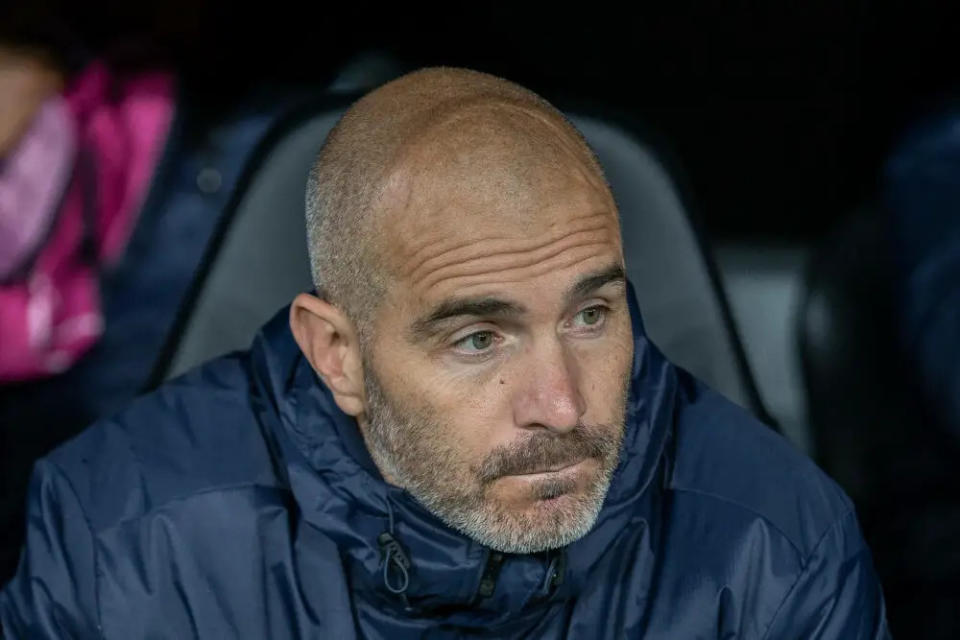Journalist Reveals the Real Reasons Behind Chelsea’s ‘Heavy’ Spending Spree

Chelsea’s Transfer Strategy: Bold Moves or Haphazard Gambles?
James Olley of ESPN recently shed light on Chelsea’s transfer manoeuvres under the ownership of Todd Boehly and Clearlake Capital, marking a dramatic shift from conventional football management to a seemingly speculative spree. Since their acquisition in May 2022, Chelsea has invested heavily, signing 40 players and letting go of 38, challenging traditional norms of contract duration by binding many to long-term deals, some stretching up to nine years.
As the Premier League season unfolds, questions hover over Stamford Bridge not just about the sustainability of such financial outlays but the strategic soundness behind them. The departure of Conor Gallagher, a homegrown talent, symbolizes not just a significant financial gain but perhaps a loss of Chelsea’s soul, a point Olley emphasizes by noting Gallagher’s emotional exit to Atlético Madrid for €40 million.

Long Contracts: Innovation or Overreach?
Chelsea’s approach to contracts could be seen as revolutionary or recklessly ambitious. This radical strategy of locking players into extensive contracts, as seen with the signings like Enzo Fernández and Moisés Caicedo, is intended to stabilize the squad’s future but at what cost? These moves reflect a blend of foresight and fervour, aiming to keep talent within the ranks and potentially stabilize financial planning. However, the effectiveness of such an approach in a dynamic market where flexibility often trumps rigidity remains to be tested.
The move has been necessitated by previous free agent losses such as Antonio Rüdiger and Andreas Christensen but carries risks, particularly in a market where player value can fluctuate markedly based on form and fitness.
Managerial Carousel and Squad Size Issues
Under Boehly and Clearlake, Chelsea has seen significant managerial turnover, with Enzo Maresca becoming the fourth permanent manager in just over two years. Such instability can disrupt team cohesion and player development. Olley points out that Maresca has inherited a squad of impressive depth and potential, yet the sheer size of the squad poses challenges. With a reported eight goalkeepers on the books and numerous outfield players fighting for limited positions, one must wonder about the practicality of managing such a vast group.

Moreover, the strategic decision to focus on youth might not only shape the club’s future landscape but also determine its immediate success in domestic and European competitions.
Financial Fair Play: A Tightrope Walk
Chelsea’s financial strategy under the new ownership is bold, with significant expenditures balanced, somewhat precariously, against sales and the peculiarities of financial fair play regulations. The sale of Gallagher, as well as the potential profits from other academy products, helps balance the books but draws attention to the broader implications of Chelsea’s spending. UEFA and the Premier League’s scrutiny over Chelsea’s compliance with Financial Sustainability Rules suggests a looming challenge for Boehly and Clearlake to navigate.
Our View – EPL Index Analysis
As a Chelsea supporter, the current state of affairs is deeply unsettling. The departure of Gallagher, coupled with the potential exit of other beloved figures like Sterling, feels like a betrayal of Chelsea’s ethos. The strategy of acquiring numerous players on long contracts appears more of a gamble than a guaranteed path to success.
The shift from a familiar Chelsea to one overflowing with new faces and uncertain prospects has been disorienting. The emotional connection to players who embody the spirit of the club is waning, replaced by a business-like, almost sterile approach to squad building. While the owners’ intentions might be to craft a formidable team capable of long-term success, the current sentiment is one of scepticism and a longing for a return to a club where passion prevails over profit.
The heart of the club seems compromised, the identity blurred. While financial prudence is necessary, it should not come at the cost of losing the club’s soul. The community needs reassurance that Chelsea remains committed not just to winning but to preserving the values that have endeared it to its fans worldwide.

 Yahoo Sports
Yahoo Sports 
